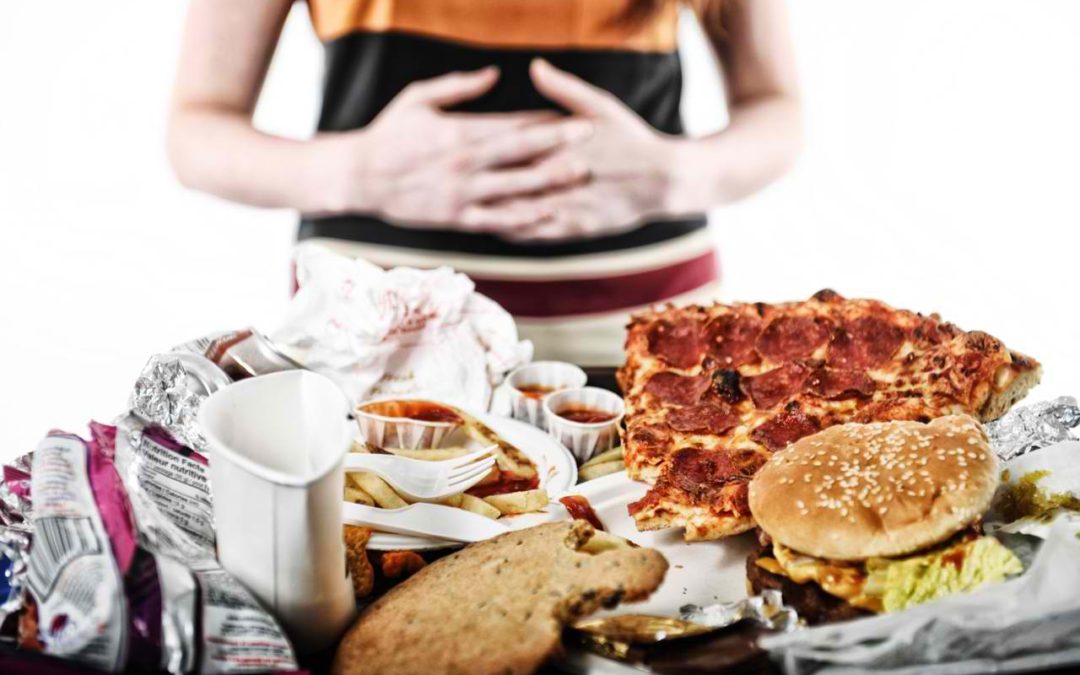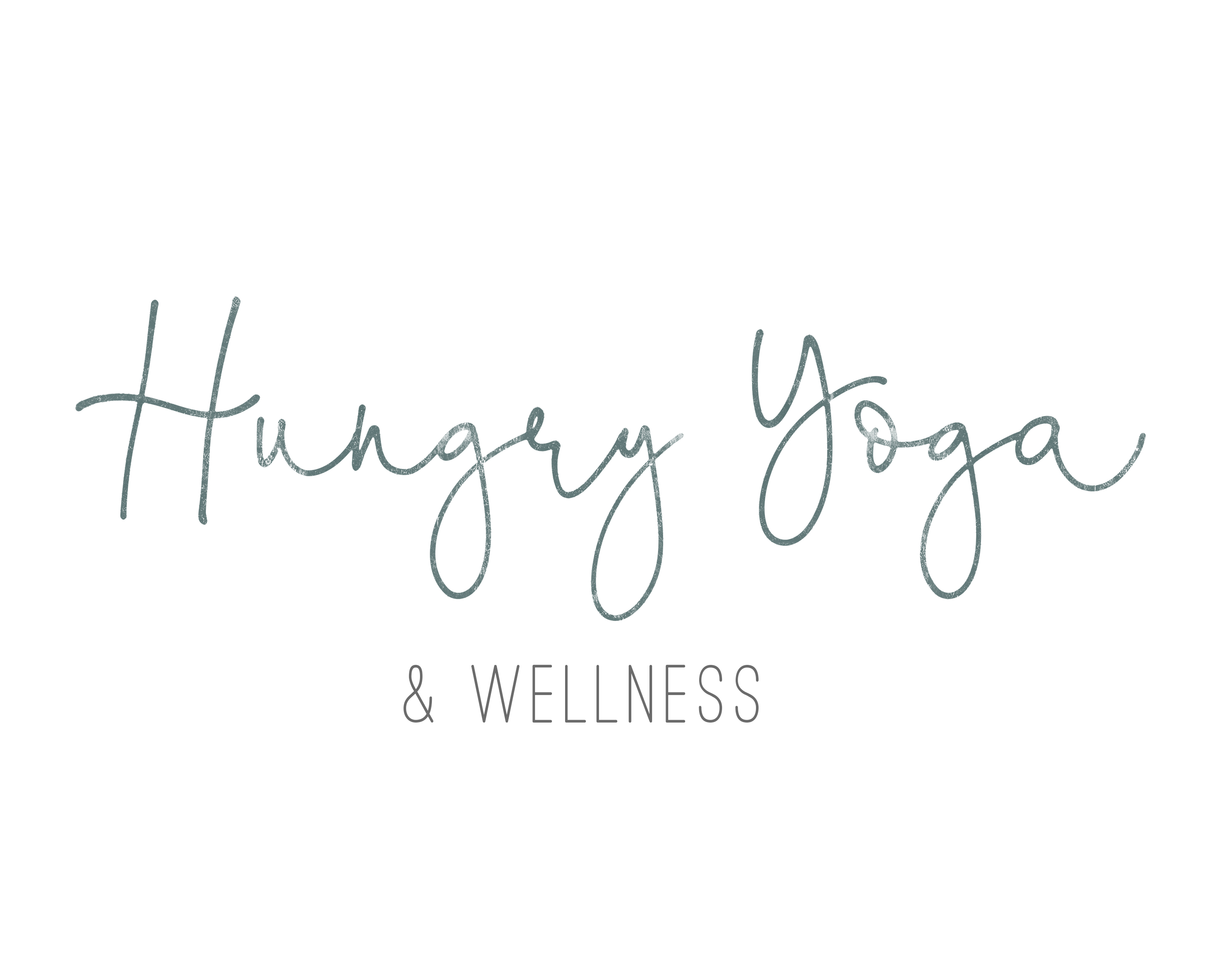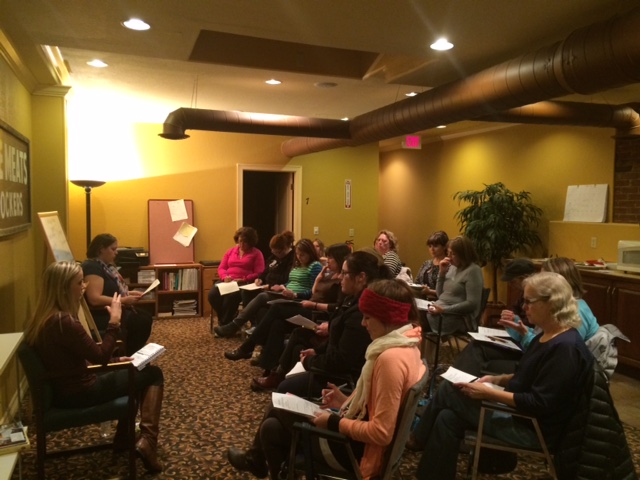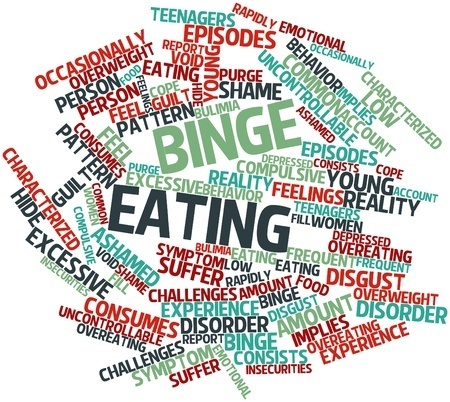1. Stressed vs. Relaxed Eating – What response are you usually in?
The way we relate with food is the way we relate with life. Examples of stressed eating are rushing into your meal, feeling anxious around food, worrying about what you eat, overeating, eating too fast, comparing your meal to others, negative self-talk, feeling guilty or shameful about how/what you’re eating. On the flip side, making a homemade meal, family time, being patient for your meal, being grateful for your food, breathing deeply, making it an eating experience, celebrating life with food, and trusting in your eating decision are examples of relaxed eating. The mind body connection is relevant when we discuss stressed vs. relaxed eating.
2. Eating Speed – Are you a fast, moderate, or slow eater?
Make small changes that will lead you toward slower, more relaxed eating. It takes time to break a life long mind body habit of fast eating, so don’t get discouraged if it doesn’t change right away. Sometimes we kill off awareness because we multi-task, avoid pain or discomfort, or ignore our true feelings. Drop into the relaxation response, live in the parasympathetic nervous system, and slow down. Your digestion, anxiety, and stress levels will thank you.
3. Rhythm – When we eat is just as important as what we eat.
Our calorie burning capacity is highest when the sun is highest in the sky. Think of your mind body metabolism as a campfire; you have to feed it to make it burn (and extra oxygen will REALLY light the fire)! If you are not hungry in the morning it’s probably related to eating late the night before, and the afternoon ‘slump’ is natural, quit fighting it and take a siesta. If you like ‘guidelines’ 6:30am-9:00am for breakfast as the sun rises, 12:00pm-1:30pm for lunch when the sun is at its peak, and dinner 4 hours before bed as the sun slowly goes down will help reset your metabolic rhythm inevitably changing your life rhythm. Rhythm sets the course of our lives – emotionally, biologically, and nutritionally.
4. Toxic Thoughts/Beliefs – This gets to the core of unwanted habits and symptoms with food. The Institute for Psychology of Eating set out some common toxic mind body nutritional thoughts and beliefs that we as coaches can recognize in our clients. You may find that you have had one (or all) of these at one point in your life.
Food is the Enemy – Yet it’s 100% require by Biology for us to live?
Fat in Food Makes Me Fat – Essential Fatty Acids are called ESSENTIAL for a reason!
Less Food and More Exercise = Weight Loss – If this was true, it would have worked by now.
If I Were Only Thin, Then I’d Be Happy – Substituting the power of NOW for LATER.
THESE THOUGHTS ARE MORE TOXIC THAN THE TOXINS THAT WE PUT IN OUR BODY FROM FOOD. Furthermore, toxic mind body nutritional beliefs drain our emotional energy, personal power, and dignity. They are especially toxic to “the Feminine”.
What are the benefits you expect from losing your unwanted habit? How many of those can you begin to feel NOW?
5. Pleasure – Pleasure catalyzes the Relaxation Response which is the state we need to digest and assimilate our food fully. We are designed to seek pleasure and avoid pain, yet society makes pleasure feel like a sinful thing and makes us have a deep fear around it. With eating, a pleasurable food is called “sinfully good”. As we restrict and avoid pleasure foods, stress, tension, and negative thoughts build up until we give in. We begin to feel guilty and shameful, feeling worse than if we would have just allowed ourselves to have the pleasurable food. When living in a stress response and not inviting the pleasure of food in, you have to eat more of the food to gain the pleasure you desire. (Binge Eating, Overeating, Chronic Dieting).
Lets face it, a low-fat diet leads to behavioral changes and loss of pleasure. Restricting pleasure with food leads to restricting pleasure with sensuality, sexuality, and relationship. Overeating can be a symptom of not feeling loved in your primary relationship OR not allowing yourself to be loved.
What gives you pleasure in life? (persons, places, thoughts, feelings, etc.)
6. Nourishment – Supersedes Nutrition; a Whole-Body Feeling. The experience of Nourishment creates a physiologic relaxation response, which means full, healthy, calorie burning power. What other words come to mind when you think of Nourishment (warm, celebration, slow, relaxed, alive, present, aware, empowered)? Are you limiting your nourishment to one part of the body? We can get attached to taste on the tongue and forget about other ways to nourish. When we limit sensation, we get intense, disembodied, and live in our heads. We get attached to things to make up for our life not nourishing us.
What else is Nourishing in your life besides food? (Interacting with your partner, being outside in nature, being with your friends, creating, playing) Why do we forget to do these things? Nourishment is a practice in intimacy. Be intimate in how you choose “to be here now”. If something makes you feel nourished, then you would think it is nutritional for you as well.
Begin to feel nourished again by slowing down, relaxing, living in the now. ULTIMATELY WE DECIDE TO RECEIVE THE VALUE OF NOURISHMENT OR NOT! Wanting to be here makes us take care of ourselves. If there is no inner change, there will be no outer change.

7. Embodiment – In our life journey from birth to death, we are learning how to live in our body.
The body is constantly learning how to be here on planet earth. Consider how your relationship with food has changed throughout your life – breast milk to baby food, small bites to bigger bites, or hating a food to later in life loving it. As we get older we can begin to disembody because of our addictions and unwanted habits. They affect our body image which is the way we see our body real or imagined, in a negative way. We literally disembody when we call ourselves fat, criticize, and body hate. We make our body wrong, which makes ourselves wrong. We slowly learn how to be in one’s body by accepting the body we have now, and letting who we are now live within us. Like this idea of movement vs. exercise – exercise shouldn’t feel like a punishment, so consider moving your body in ways that make you embody (gardening, walking, hiking, sports, nature, dance). A lot of us are here, but not fully. A person can be fully here in a diseased body, fat body, skinny body, any body, until you push aside your feelings. Our inner world, thoughts, hopes, suffering, and undigested life events ALL live in the body and the more we can lean into them and truly FEEL them, the more they reveal themselves and the more we can heal.
So ask yourself: Am I “in” my body or “checked out”? What % embodied am I? What would happen if I embodied more and more fully? You would become more aware of physical pains and symptoms that would no longer be masked, pleasure would be fuller, and you could honor your body wisdom.
If we don’t feel our pain we can’t feel our pleasure as much. 99% of people gain weight back after a diet because they never truly embody. “You don’t have to love your body, but at least like your body a little bit more.” – Marc David, Founder of the Institute for Psychology of Eating.
8. Macro-Nutrient Balance: the appropriate ratio of protein, fat, and carbohydrate in the diet.
This is a fundamental way to make a simple, nutritional shift that can create immediate results. In Western nations there is an intense reliance upon poor quality carbohydrates (mass-produced breads, crackers, boxed items) that are generally not good for the human body. I don’t care about the macro nutrient balance of a person UNLESS they have a complaint. For example, someone who wants to lose weight who usually skips breakfast and eats mostly carbohydrates until dinner I would consider their MN Balance. Begin be having them eat breakfast including protein, more fats, and more calories.
The body is going to need something different everyday; begin to listen. MN Balance asks us to be nutritional explorers. It asks us to step into nutritional uncertainty. It invites us into strengthening our body intuition.

9. Food Quality – The quality of your food can improve the quality of your life. What does this statement mean to you? Is it important? How does “Quality” show up elsewhere in your life (food, clothes, cars, houses, friends, etc.)? How can we put more quality into our lives?
Upping the quality of life in small ways such as shifting to higher quality places to eat, being conscious of what’s in our food, and shifting spending habits so we don’t feel guilty can greatly improve your relationship with food. Yes, high quality food is more expensive, just like anything else in this world that’s a higher quality. Spend more now on high quality food to spend less later on medical bills, insurance, etc. Quality food is food that is in line with the natural body as much as possible. Some companies do their best to be able to provide that, but way more companies are out there for profit with low quality food that is made for consumers to become hooked, addicted, and wanting more. This makes it even more challenging for us to take care of our bodies; with hidden artificial sweeteners, non-fat labels, and processed junk options.
Asking yourself to increase food quality promotes attention to the body, and has greater power than giving a simple list of good foods and bad foods. Challenge yourEmbodiment by increasing the Quality of food and gain body wisdom.
10. Food Allergies and Sensitivities – Foods that are usually eaten in large amounts, that you used to be able to handle but can’t no longer. A lot of people get food allergies later in life, which is a sign of the immune system being weakened. Food allergies test our soul’s growth by seeing if we going to listen to them or ignore. The body is brilliant and knows what is good for you and what isn’t. If you know anyone who has Celiac disease they will tell you how much it changed their life. You can’t eat with your friends, you can’t have birthday cake, you can’t eat at 98% of the restaurants.
Even some of the best labs out there aren’t the most accurate. You could send 4 different tests into the lab on the same person, samples within minutes of each other, and they come out with slightly different results. That’s why gold standard is the elimination diet to know your food allergies.
Top 4 Food Allergies and Sensitivities: Wheat (gluten), Dairy (protein component casein), Soy, and Corn (then eggs and citrus). These have become ‘’buzz words’’ in the health and nutritional world. Once again the best way to know is the elimination diet.
11. Use of Powerful Substances: THE DOSE TRULY DOES MAKE THE POISON. Respect the power of these substances. They are not “bad” but simply need to be respected and used wisely.
Alcohol – Can be used as a way to celebrate, socialize, let loose, embody, have fun, relax OR we can check-out, disembody, numb out, not feel, depress, use in excess, hurt, sabotage. Overuse can be closely linked to overeating, binge eating, increased weight, depression, and not being connected to our highest self.
Caffeine – Can be used as a way to perk up, energize, ritualize, nourish, cherish, reflect, comfort OR we can substitute this for food, for fake energy, push ourselves too far, overwork.
Sugar – Can be used as a way to give you pleasure, to celebrate, embody, love, and spread joy OR you can feel guilty, block pleasure, overeat, feel out of control, shameful, judgment.
Medications – Can be necessary for survival, alleviate unwanted symptoms, and help us live better OR they are unnecessary, a quick fix, a scapegoat for our issues, overdosed, or not prescribed. We can become so oblivious to the powers of the foods and drugs we consume. Culture can promote such non-awareness. Simple Science for all Toxicity – The dose makes the poison. Begin to notice if your powerful substance usage is connected to your unwanted eating habits. Ask yourself, “What is this really doing to my body?”







